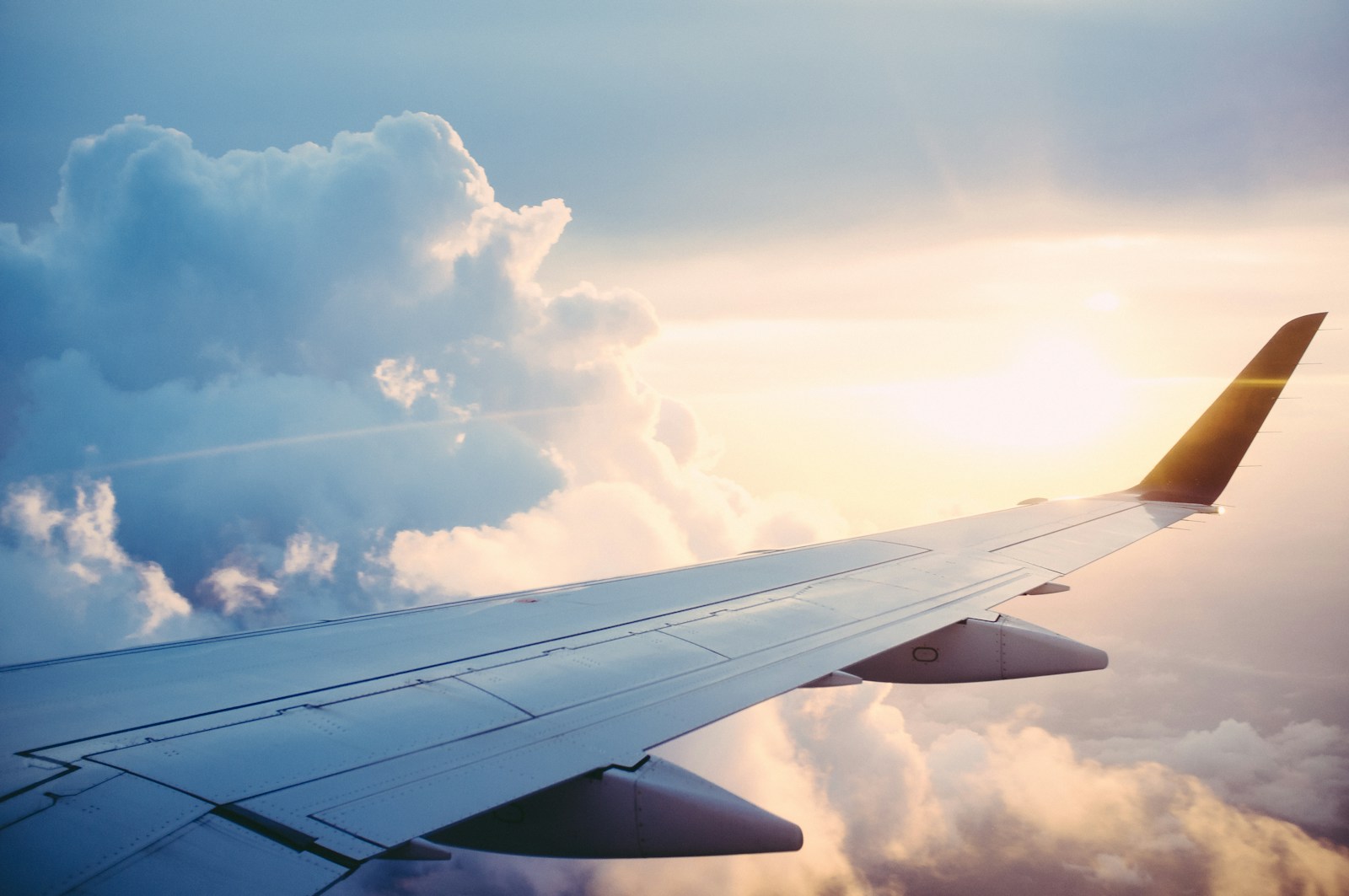
After careful consideration Arthur Medical Centre has established our new policy not to prescribe benzodiazepines or sedatives / sleeping tablets (such as diazepam) to patients for medical procedures (for example dental work, prior to hospital procedures or scans etc) or fear of flying.
We have made this decision on the grounds of patient safety and our need to prioritise the delivery of NHS care on the basis of patients’ clinical needs. Further information is detailed below.
Diazepam in the UK is a Class C/ Schedule IV controlled drug.
- There are several very good reasons why prescribing this drug is not recommended.
- The use of any sort of benzodiazepines causes longer reaction times and slowed thinking, which during a flight will put the passenger at significant risk of not being able to act in a manner which could save their life, or that of a loved one or co-passenger, in the event of a safety critical incident. Incapacitation from benzodiazepines is a risk to the lives of all on board the aircraft in the event of an emergency requiring evacuation.
- The use of such sedative drugs can make you fall asleep, however when you do sleep it is an unnatural non-REM sleep. This means you won’t move around as much as during natural sleep; this can cause you to be at an increased risk of developing a blood clot (Deep Vein Thrombosis- DVT) in the leg or the lungs. Blood clots are very dangerous and can be fatal. This risk is even greater if your flight is greater than 4 hours.
- Whilst most people find benzodiazepines like diazepam sedating, a small number have paradoxical agitation and aggression. They can also cause disinhibition and lead you to behave in a way that you would not normally. This could impact on your safety as well as that of other passengers and could also get you into trouble in law. Benzodiazepine use alongside alcohol consumption causes an increase in this risk.
- According to prescribing guidelines doctors follow (British National Formulary) diazepam is contraindicated (not allowed) in treating phobic states. It also states that the use of benzodiazepines to treat short-term ‘mild’ anxiety is inappropriate. Your doctor would be taking a significant legal risk by prescribing against these guidelines. (They are only licensed short term for a crisis in generalised anxiety. If this is the case, you should be getting proper care andsupport for your mental health and not going on a flight; benzodiazepine doses used for flying previously are not likely to control an acute crisis in generalised anxiety disorder).
- NICE guidelines suggest that medication should not be used for mild and self- limiting mental health disorders. In more significant anxiety related states, benzodiazepines, sedating antihistamines, or antipsychotics should not be prescribed.
- In some countries it is illegal to import these drugs, e.g., in the Middle East. They may be confiscated, or you may find yourself in trouble with the police. The passenger may also need to use a different strategy for the homeward bound journey and/ or other legs of the journey.
- Diazepam stays in your system for quite a while and may therefore affect your ability to drive after a flight. It is an offence to drive a car if your ability to drive safely is affected. Similarly, if your job requires you to submit to random drug testing, you may fail this having taken diazepam.
- Benzodiazepines have been linked to the onset of dementia.
- A study published in 1997 from the Stanford University School of Medicine (iv) showed that there is evidence use of benzodiazepines stops the normal adjustment response that would gradually lessen anxiety over time and therefore perpetuates and may increase anxiety in the long term, especially if used repeatedly. In an article in Clinical Psychiatry News, Shanna Treworgy. Psy.D of the Dartmouth Geisel Medical School, said that though there may be reduced anxiety in the moment, benzodiazepines caused increased long-term anxiety reactions.
In addition, flight anxiety does not come under the remit of General Medical Services as defined in the GP contract and so we are not obliged to prescribe for this.
Given the above we will no longer be providing diazepam for flight anxiety. Flight anxiety should be treated by Cognitive Behavioural Therapy (CBT) – a form of counselling, which has long lasting benefits and is safe. Airlines often have extensive information on their websites, including access to courses on managing flight anxiety so
Patients who still wish to take benzodiazepines for flight anxiety are advised to consult with a private GP or travel clinic.
- It is important to declare all medical conditions and medications you take to your travel insurer. If not, there is a risk of nullifying any insurance policy you may have.
Other situations
If you have concerns about claustrophobia or anxiety with regards to a scan, please contact the department who requested the scan or the radiology department, as they are responsible for providing this if they feel it is clinically necessary. It is not the responsibility of the Practice, and we will not prescribe for these reasons.
Finally, for procedures such as cataract operations or dental procedures it is the responsibility of the surgeon or dentist to prescribe any sedation if they feel you require it. Requests to the Practice for such reasons will always be declined.
We acknowledge there may be occasions when you have received a prescription for these purposes in the past. We will no longer agree to such requests. This is a joint decision, unanimously made by all senior clinical staff within the practice.
Further information/ references NHS: www.nhs.uk/medicines/diazepam/about-diazepam
British National Formulary (BNF): https://bnf.nice.org.uk/drug/diazepam.html https://bnf.nice.org.uk/treatment-summaries/hypnotics-and-anxiolytics/
NICE guidance – Generalised anxiety disorder and panic disorder in adults
Acute and delayed effects of Alprazolam on flight phobias during exposure. Behav Res Ther. 1997 Sep; 35 (9): 831-41. Available at https://pubmed.ncbi.nlm.nih.gov/9299803/
Travel Health Pro: https://travelhealthpro.org.uk/factsheet/43/medicines-and-travel
Patient.co.uk: How to manage flight anxiety